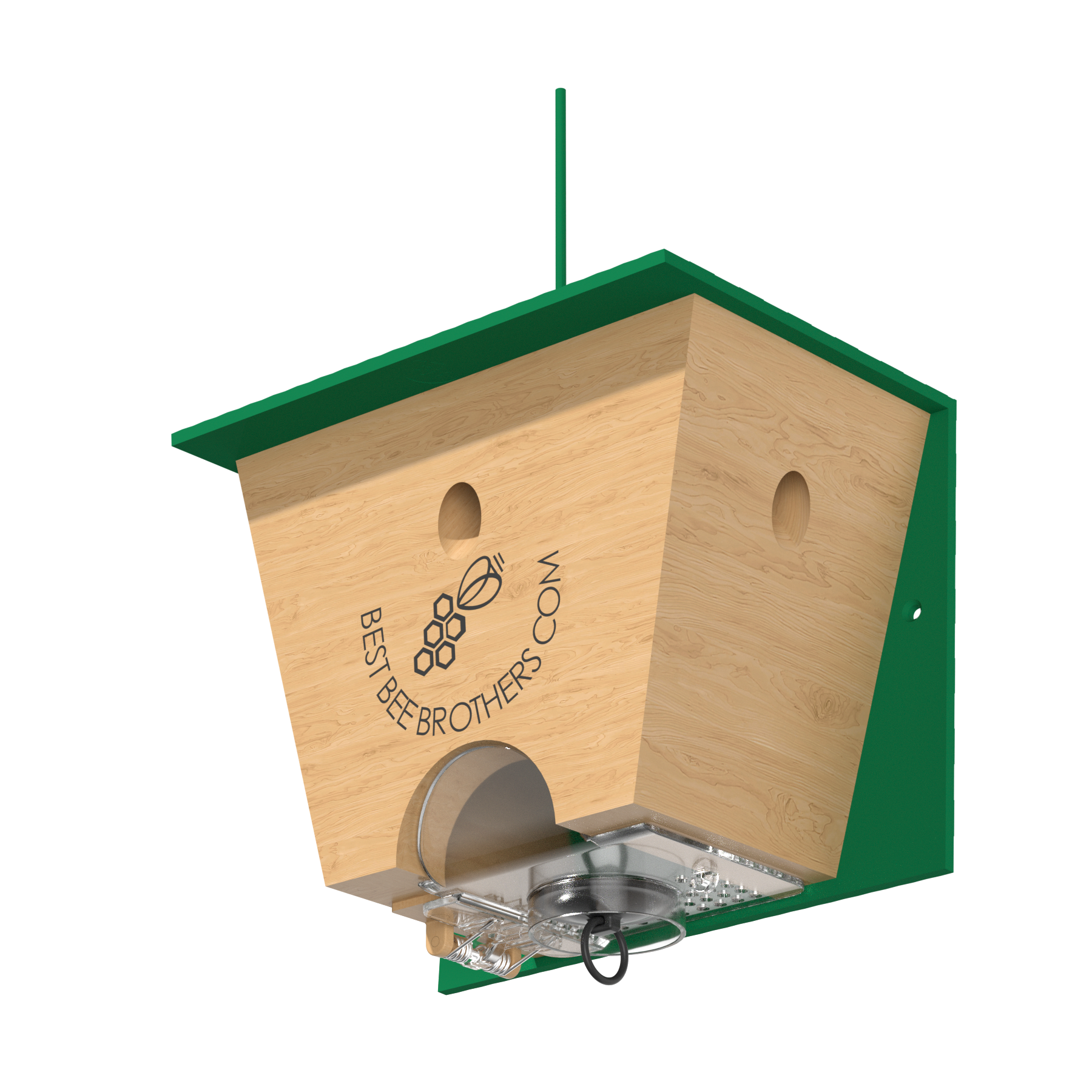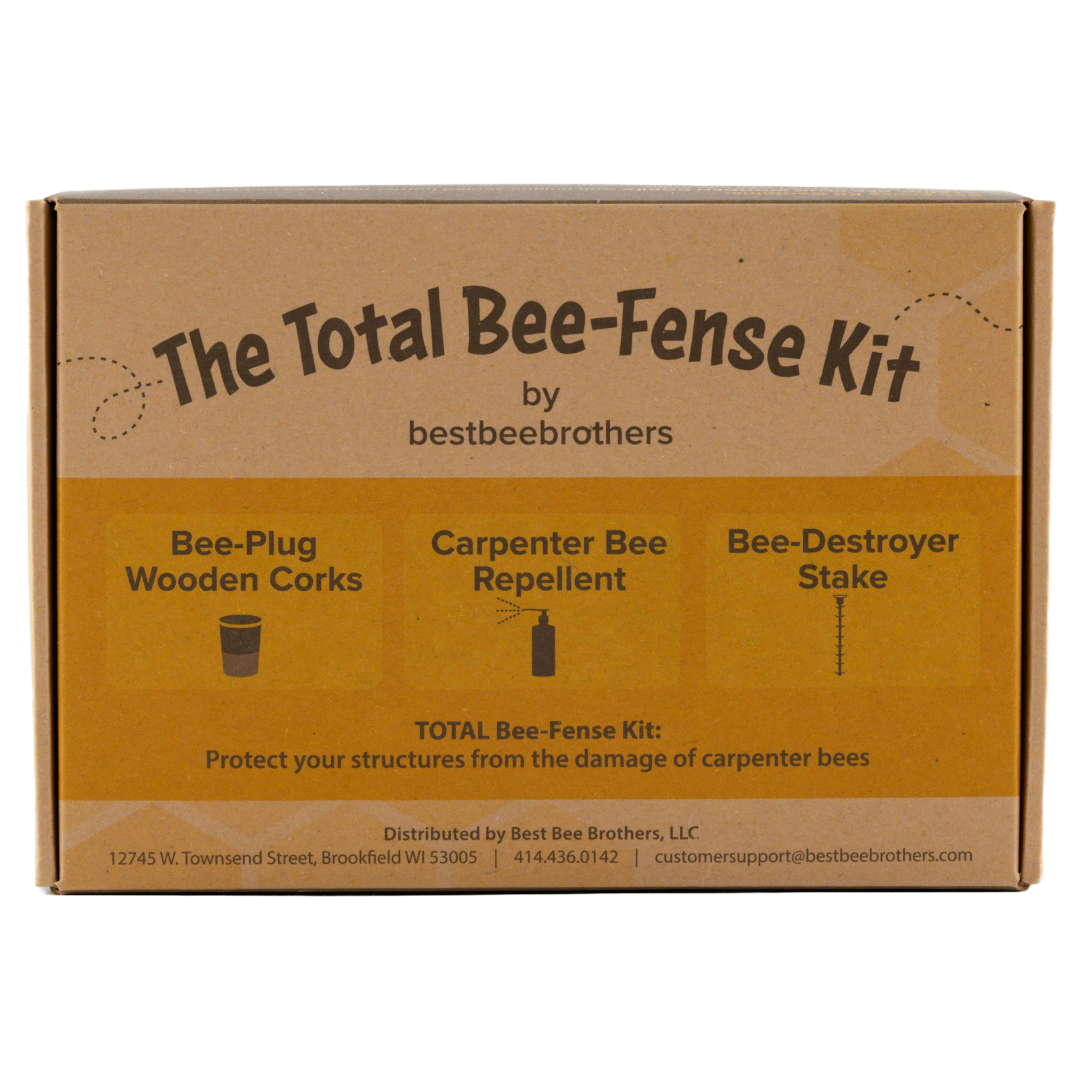Whether they’re crashing your backyard barbecue, ruining your summer holiday, or leaving your skin red and raw, no other insect is more notorious (or annoying) than the mosquito. In fact, it may even be the world’s oldest pest!

Mosquitoes have survived on planet Earth for over 100 millions years, and have evolved to live on every continent with the exception of Antarctica1. But why? Mother Nature can be cruel, and she is no friend to the useless or the weak; species that cannot meet the demands of their environment or serve a greater ecological purpose ultimately succumb to the law of the jungle.
And yet, out of all the creatures who have faced extinction, these pesky bloodsuckers have somehow survived the cut. Setting our human prejudices aside for a moment, we have to ask: What are mosquitoes good for? More specifically, what purpose do mosquitoes serve?
What Are Mosquitoes Good For?
It is a popular misconception that all mosquitoes bite humans. In reality, out of the estimated 3,500 different types of mosquitoes around the world, only a few hundred directly interact with Homo sapiens, and even then it is only the female mosquito. In fact, male mosquitoes never bite. Female mosquitoes, on the other hand, draw blood for its protein, a nutrient they desperately need to produce eggs after mating.2
Beyond their interactions with humans, mosquitoes also feed on a wide variety of different animals, including snakes, frogs, birds, deer, caribou and elk. While this doesn’t necessarily make them any more likable as a parasitic species, it could have very real consequences for the various ecosystems of the world in which they play a part if they were to be suddenly eradicated. While biologists vary in their opinions of what the damage might be if mosquitoes were to go extinct, one thing that is universally agreed upon is that mosquitoes do serve a purpose.

Believe it or not, mosquitoes are actually pollinators. While they aren’t as ambitious or well regarded as the yellow-and-black-striped bumblebee, they do aid in the fertilization of plants by spreading seeds, allowing plant reproduction to continue naturally. Unlike bees, however, mosquitoes do not gather pollen so much as they collect it more or less by accident. This is because the primary source of mosquito food is not blood, but flower nectar!3 When moving from plant to plant to feed, mosquitoes carry pollen and inadvertently play a role in the greater pollination process. As previously mentioned, it is only during mating season that female mosquitoes will seek out a more protein-rich diet.
According to the National Wildlife Federation, the purpose of mosquitoes goes beyond that of just an everyday pollinator: “Mosquitoes are part of the food web, serving as important prey in both winged adult and aquatic larval form for a lot of other wildlife from dragonflies and turtles to bats and birds—including hummingbirds, which rely on small flying insects and spiders as a primary food source.”4

In their larval stages, mosquitoes also make up a large biomass of the aquatic ecosystem where they live in shallow, still pools of water. In this stage, larval mosquitoes act as detritus reduction agents (the ecosystem’s clean-up crew) for dead organic matter, decaying leaves and other microbes. In filter feeding the water in this way, mosquitoes create nutrients like nitrogen in the water, which is essential for the surrounding plants.5 Even still, it is questionable whether mosquitoes would have a major impact on the aquatic ecosystem if they were removed entirely. Many biologists hypothesize that if larval mosquitoes were removed from their watery habitats, other similar organisms would soon step in to fill their roles. Yet, for the time that they remain here on Earth, there can be no question: mosquitoes do serve a purpose.
So what would happen if they suddenly vanished?
Mosquitoes’ Environmental Impact
Biologists and entomologists differ widely in their opinions of what environmental impact it could have if mosquitoes were to face extinction (most probably at the hands of human beings). Given that their largest concentration of numbers is found in the arctic tundra of northern Canada, Alaska and Russia, it is likely to assume that is where the effects would be most observable.6
According to expert Bruce Harrison, an entomologist at the North Carolina Department of Environment and Natural Resources, we could see as much as 50% drop in the number of the migratory birds that nest in the arctic tundra if mosquitoes were removed from the ecosystem there.7 Of similar opinion, entomologist Rich Merritt at the University of Michigan stated that, without mosquito larvae, animals, particularly hundreds of fish species that rely on mosquito larvae, would have to adapt to change their diet in order to survive. “This may sound simple, but traits such as feeding behaviour are deeply imprinted, genetically, in those fish,” he says. For example, the mosquito fish (Gambusia affinis), as its name implies, specializes in killing mosquitoes and is so effective that some communities provide the fish for free to control mosquitoes’ breeding in swimming pools.8 If these specialized predators were to go extinct, there could be major effects throughout the food chain.9
Not every biologist shares this opinion, however. Janet McAllister at the Centers for Disease Control and Prevention in Colorado finds little use for the mosquito as either a pollinator or significant player in the insect food chain: “If there was a benefit to having them around, we would have found a way to exploit them. We haven't wanted anything from mosquitoes except for them to go away."10 Entomologist Daniel Strickman echoes McAllister’s argument: “The ecological effect of eliminating harmful mosquitoes is that you have more people. . . . Many lives would be saved; many more would no longer be sapped by disease. Countries freed of their high malaria burden, for example in sub-Saharan Africa, might recover the 1.3% of growth in gross domestic product that the World Health Organization estimates they are cost by the disease each year, potentially accelerating their development.”11
What Purpose Do Mosquitoes Serve?
Are mosquitoes disease-carrying parasites or misunderstood pollinators? The debate about the value of mosquito life on earth continues in the scientific community. While they are very seldom welcomed, particularly by humans, mosquitoes do interact with their environment in a way that provides at least some benefit. Mosquitoes serve a purpose, even if it is not always one that we care to acknowledge.

So they’re here to stay and they serve a purpose. What can you do to protect yourself? The best thing you can do to keep your family safe from mosquitoes is to stay informed and be prepared! For more information about when mosquitoes hatch in your area, check out our When Do Mosquitoes Come Out & Go Away blog post. Don’t forget to stock up on all your favorite Best Bee Brothers mosquito repellents and our bug bite sucker!
- Ari Shapiro, “Mosquitoes. What Are They Good for?,” NPR, February 19, 2016, https://www.npr.org/2016/02/19/467395225/mosquitoes-what-are-they-good-for.
- Julia Kasper, “Can We Just Eradicate Mosquitoes?,” Museum of New Zealand Te Papa Tongarewa, Wellington, NZ, December 16, 2019, https://www.tepapa.govt.nz/discover-collections/read-watch-play/science/mosquito-facts/why-cant-we-just-eradicate-mosquitoes.
- David Mizejewski, “What Purpose Do Mosquitoes Serve?,” National Wildlife Federation Blog, National Wildlife Federation, September 3, 2020,
- https://blog.nwf.org/2020/09/what-purpose-do-mosquitoes-serve/. Mizejewski, “What Purpose Do Mosquitoes Serve?”
- Janet Fang, “Ecology: A World without Mosquitoes,” Nature 466 (2010)432–34,, https://doi.org/10.1038/466432a.
- Fang, “Ecology,” 432.
- Fang, 432.
- “Mosquitofish,” Environmental Health and Quality, San Diego County, accessed November 5, 2021, https://www.sandiegocounty.gov/content/sdc/deh/pests/wnv/prevention/chd_wnv_mosquito_fish.html.
- Fang, “Ecology,” 433.
- Fang, 433.
- Fang, 434.









Leave a comment
All comments are moderated before being published.
This site is protected by hCaptcha and the hCaptcha Privacy Policy and Terms of Service apply.